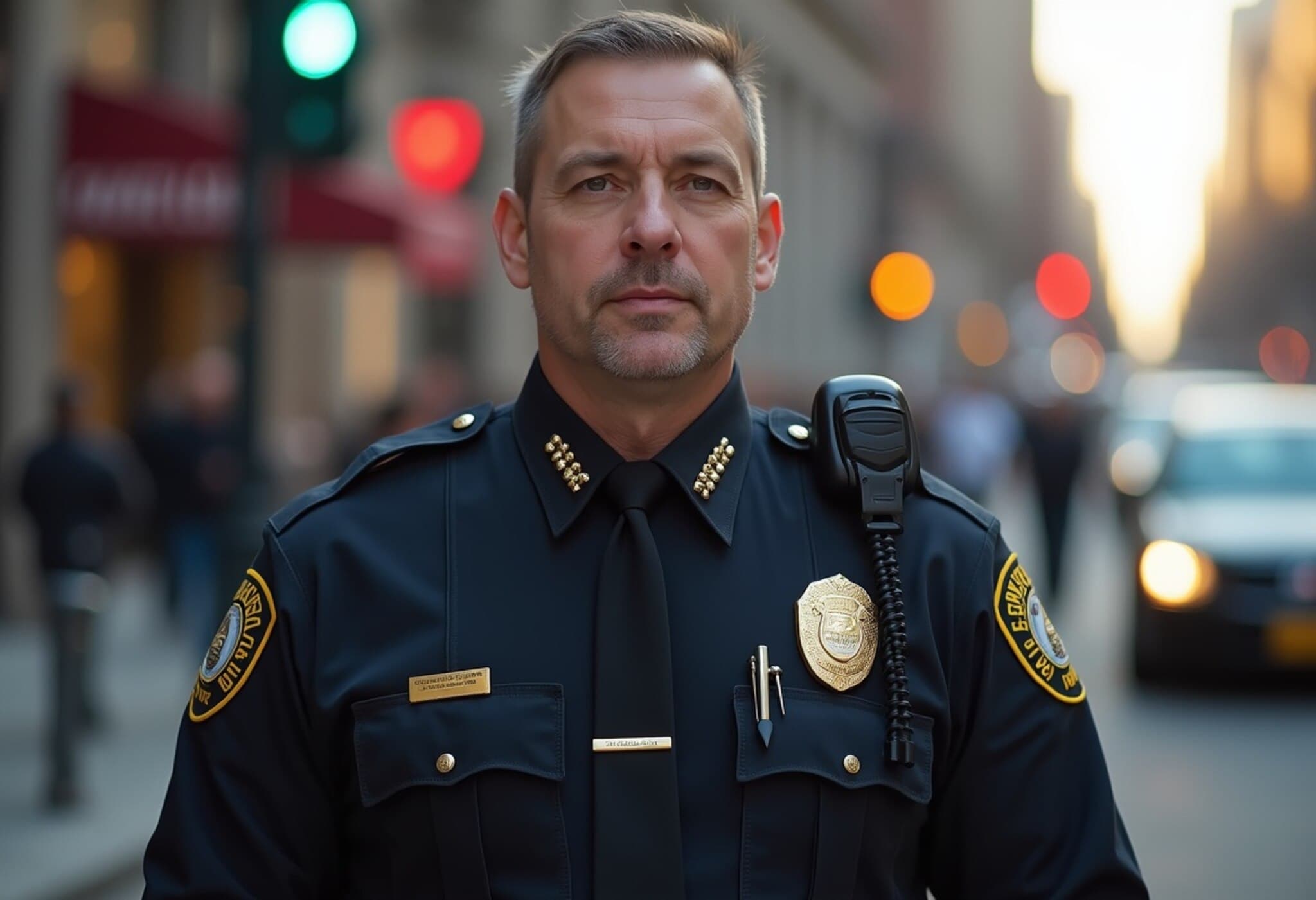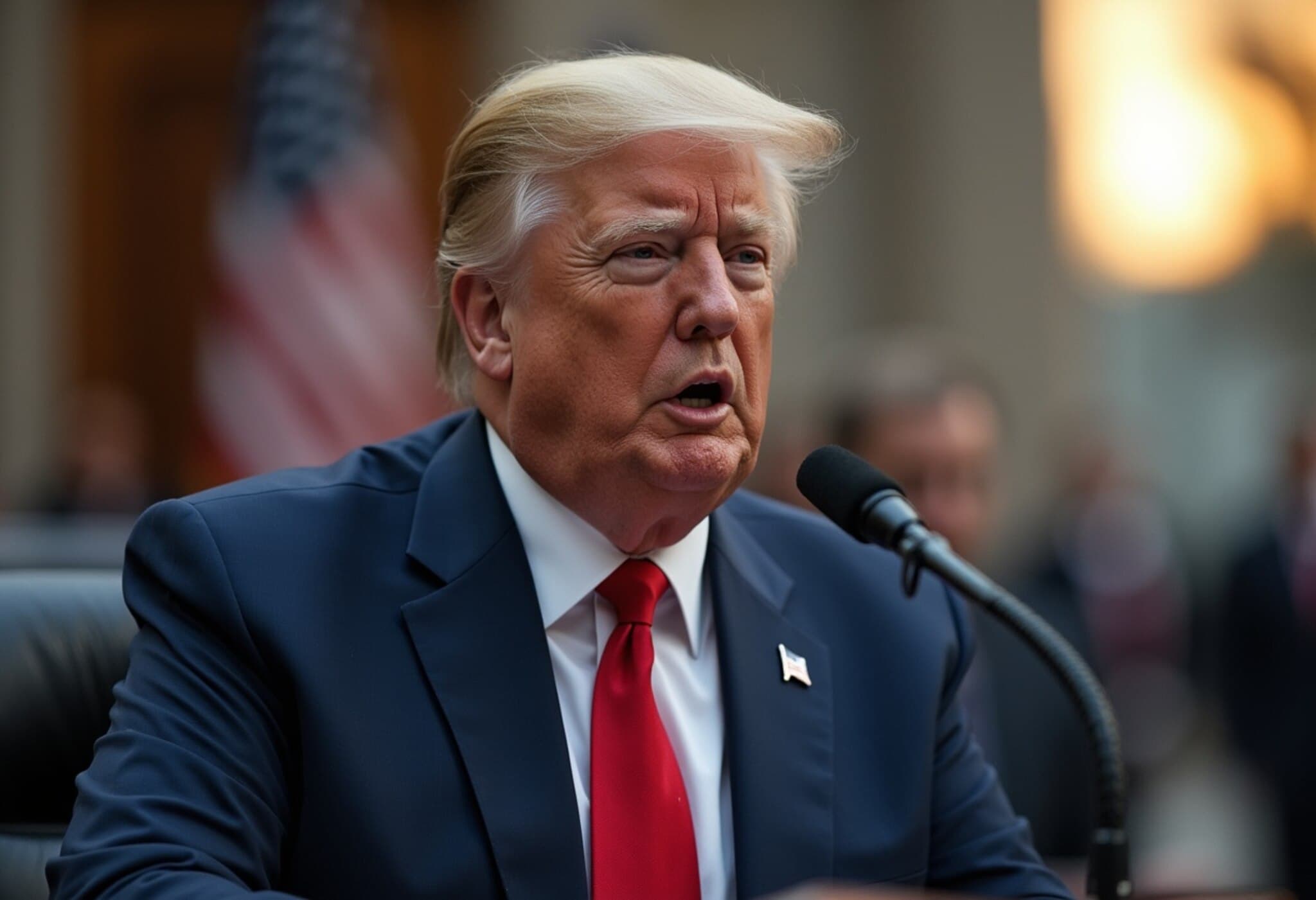Former Louisville Officer Brett Hankison Sentenced for Excessive Force in Breonna Taylor Case
In a landmark decision stirring both relief and reflection across the nation, a federal judge sentenced former Louisville police officer Brett Hankison to 33 months in federal prison for using excessive force during the controversial 2020 raid that ended in the tragic death of Breonna Taylor. This ruling marks the first prison sentence connected to the events of that night.
Judge Rebukes DOJ’s No-Jail Recommendation
US District Judge Rebecca Grady Jennings emphatically rejected the Justice Department's initial recommendation for no jail time, labeling the suggestion as “inappropriate” and arguing that Hankison’s actions were too serious to ignore. The judge expressed shock that the gunfire—ten shots fired into Breonna Taylor’s apartment—did not injure anyone physically, despite bullets penetrating walls and entering neighboring units, jeopardizing community safety.
The Incident and Its Legal Aftermath
- Context of the Raid: The controversial botched drug raid in March 2020 resulted in Breonna Taylor’s death. Hankison fired shots wildly, though none struck Taylor, who was fatally shot by another officer whose charges were dismissed.
- Charges and Conviction: Hankison was charged with violating Taylor’s civil rights by using excessive force. His 33-month sentence includes three years of supervised release post-incarceration.
- Bureau of Prisons: Responsible for determining Hankison’s prison location and sentencing schedule.
Civil Rights Advocates React
Prominent civil rights attorney Ben Crump, who represented Taylor’s family and played a significant role in obtaining a historic $12 million settlement, condemned the Justice Department’s initial leniency recommendation as a “betrayal of justice.” During the sentencing hearing, Crump rallied supporters outside the courthouse chanting Breonna Taylor’s name—a poignant echo of the ongoing demand for accountability and reform in policing.
Broader Impact on National Discourse
Breonna Taylor’s death, coupled with George Floyd’s killing two months later, became pivotal moments that fueled the resurgence of nationwide calls for police reform, transparency, and racial justice. The case continued to highlight challenges within the criminal justice system, including disparities in accountability and the urgent need for systemic change.
The Justice Department’s Controversial Shift
Notably, the Department of Justice, under the Trump administration following Hankison’s conviction, shifted its sentencing recommendation to probation and recognition of time served (a single day). This marked a stark contrast to earlier positions and sparked widespread backlash from activists, legal experts, and community members who perceived it as undermining the pursuit of meaningful justice.
Key Takeaways
- Precedent-Setting Sentence: Hankison’s prison term signals a rare federal punishment for law enforcement misconduct in the Breonna Taylor case.
- Federal Oversight Matters: The judiciary’s willingness to override DOJ recommendations underscores independent oversight’s critical role.
- Community Vigilance Needed: Public pressure continues to be a powerful catalyst in advancing police accountability and reform nationwide.
Editor’s Note
The sentencing of Brett Hankison marks a pivotal moment in the ongoing struggle for police accountability in the United States. While this decision provides a measure of justice for Breonna Taylor’s family and supporters, it also raises persistent questions: How can federal agencies ensure consistent and impartial sentencing? What reforms are necessary to prevent such tragedies from recurring? And how can communities continue to advocate effectively within a complex legal landscape?
This case is emblematic of broader systemic challenges that demand continued vigilance, societal dialogue, and legislative action to foster equitable law enforcement practices and rebuild trust between police and the communities they serve.












